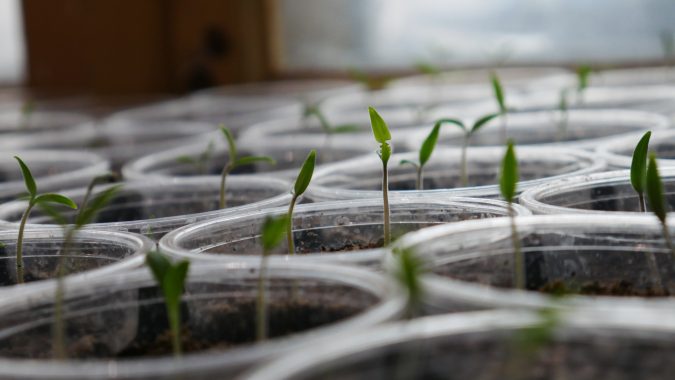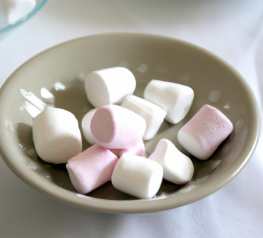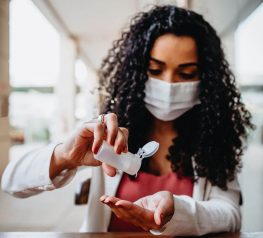Wholesale Pest Control Supplies: Non-toxic Solutions That Actually Work
Organic Pesticides To The Rescue
Among organic buffs, nothing is as upsetting as the use of pesticides on food crops. And that’s for good reason. Pesticides are known to cause reproductive and developmental problems.
That’s why non-toxic pesticides have been a great solution for the organic food industry. Even better news? You can sell non-toxic wholesale pest control supplies to your gardening customers.
Spring time means pest time. For your customers this means a constant battle to keep pests from damaging plants and flowers. Organic pest control is the perfect remedy to getting rid of destructive pests.
What Are The Benefits Of Non-toxic Pesticides?
Non-toxic pesticides don’t cause health issues. Toxic pesticides badly impacts people. They also harm animals and water. They damage the environment where they are present. But non-toxic pesticides have a holistic relationship with environment.
Here’s why non-toxic pesticides are good for people and the planet:
Safer for the environment:
We know that while chemical sprays are effective. However they’re made with some pretty awful stuff. Organic pest control sprays use food or plant-based oils as active ingredients. And it works! At the same time, organic pesticides are toxin free. Doesn’t do any damage to the environment.
Longer lasting:
Organic pesticides last for a longer period than chemical pesticides. You don’t have to keep reapplying organic sprays like you have to do with toxic products.
Pests love non-toxic sprays:
The reason chemical sprays don’t last as long is partly because some insects develop a resistance to the ingredients. Not so, with organic sprays. These products last longer. Plus due to their natural makeup, insects are actually drawn to them.
Wholesale Pest Control Supplies: Reseller’s Gold
Not only are organic pest control products good for the environment, they’re also good for your wallet. According to Allied Research, the global market size for organic pesticides reached $99,200 million in 2016. This number is expected to jump to around $279,195 million by 2023.
While around 80% of organic pesticides are used in agriculture, consumers are catching up. People are buying organic pesticides to protect the environment. They also want avoid any health challenges due to exposure to toxic chemicals.
Warning About Fruits And Vegetables
While a vegetable or fruit is popular among organic foodies, it doesn’t mean organic pesticides were used on those crops before harvest.
Environmental Working Group recently published its 2019 list of fruits and vegetables most contaminated findings. Called the “Dirty Dozen,” the report featured kale among its most contaminated vegetables. Other fruits and vegetables on the list include:
- Strawberries
- Spinach
- Nectarines
- Apples
- Grapes
- Peaches
- Cherries
- Pears
- Tomatoes
- Celery
- Potatoes
[ngg src=”galleries” ids=”41″ display=”basic_thumbnail”]All of the above vegetables tested positive for numerous kinds of pesticides. Both kale and spinach each tested an average of 1.1 to 1.8 times as much pesticide residue as any other crop.
Fact is, different fruits and vegetables can have widely different levels of pesticide used on their crops. This same study published the top “cleanest fruits and vegetables. That is, the produce with the least amount of pesticide residue.
- Avocados
- Sweet corn
- Pineapples
- Frozen sweet peas
- Onions
- Papayas
- Eggplants
- Asparagus
- Kiwis
- Cabbages
- Cauliflower
- Cantaloupes
- Broccoli
- Mushrooms
- Honeydew melon
[ngg src=”galleries” ids=”42″ display=”basic_thumbnail”]Not many pesticides were found on these fruits and vegetables. Consumers should examine any labels on fruits and vegetables. The Food & Drug Administration says produce that has been labeled “organic” must mean that they are grown without the use of synthetic pesticides. Also, they should not come from bioengineered plants or seeds.
If you’re looking to sell organic pesticides, check out our catalogue. Discover the great products we offer.









